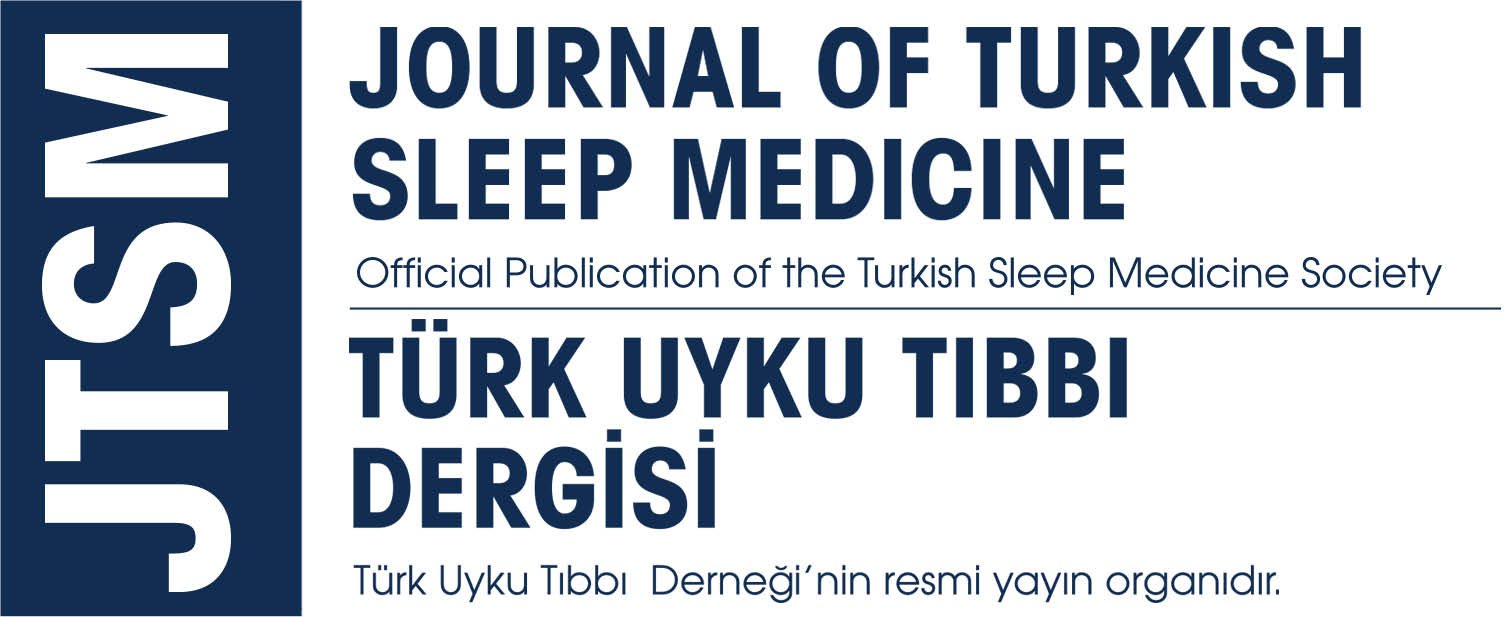ÖZET
Amaç:
İnsomni ve uyku komponentlerinde kabul ve kararlılık tedavisinin (ACT) etkilerine odaklanan çalışma sayısı sınırlıdır. Dolayısıyla, yeni bir psikolojik tedavi olarak, bu tedavi metodunun etkilerinin ayrıntılı bir şekilde araştırılması gereklidir. Bundan dolayı, insomnia hastalarında ACT’nin etkililiğini değerlendirmek üzere bu çalışma yürütülmüştür.
Sonuç:
Çalışma sonuçlarına dayanarak, ACT’nin insomni hastalarında uyku kalitesini iyileştirdiği söylenebilir. Bu nedenle, terapistlerin insomni hastalarının sorunlarını azaltmak için bu tedavi yöntemini kullanmaları önerilir.
Bulgular:
ACT oturumları tamamlandıktan sonra, dört katılımcıdan elde edilen sonuçlarda, “deneyimsel kaçınma”, “uyku ile ilgili işlevsiz inanç ve tutumlar” “uyuma güçlüklerinin kabullenilmesi” ve “uyku kalitesi” değişkenlerinin skorlarında farklılık saptanmıştır. Ayrıca, çalışmanın sonuçları her dört katılımcı için de toplam uyku süresinin artığını gösterir. Bu durum, uyku süresinin artmasında ACT’nin anlamlı bir etkisi olduğu anlamına gelir. Diğer uyku ile ilişkili değişkenler için de, tedavi sonrasındaki değişiklik eğilimi anlamlı olmuştur.
Gereç ve Yöntem:
Tek kollu çalışma planı kullanılan çalışmada, dört katılımcı, 2018 yılında Kermeanshah Üniversitesi Tıp Fakültesi, Uyku Bozuklukları Merkezi’ni ziyaret eden kişiler arasından seçilmiştir. Polisomnografi ve psikolojik görüşmelerde elde edilen verilere dayanılarak hastaların insomni tanısı doğrulanmıştır. Her katılımcı sekiz ACT oturumuna katılmıştır.



